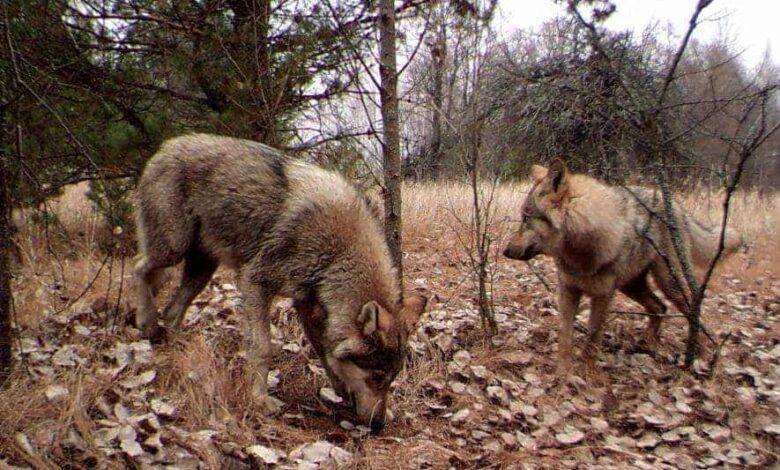Wolves living in the radioactive zone around Chernobyl turn resistant to cancer
The wolves continued to roam around the CEZ, seemingly unaffected by the chronic exposure to radiation

A recent study on the wolves living in the Chernobyl Exclusion Zone (CEZ) has revealed some fascinating insights. The study found that the wolves living in the radioactive zone around Chernobyl have developed unique immune systems that allow them to fight cancer more effectively than their counterparts in other parts of the world. This breakthrough discovery could potentially help humans fight cancer, which is a leading cause of death globally.
The CEZ was created after the Chernobyl nuclear disaster in 1986, which led to the evacuation of humans from the area. However, the wolves continued to roam around the CEZ, seemingly unaffected by the chronic exposure to radiation.
The study, which was presented at the annual meeting of the Society of Integrative and Comparative Biology’s Annual Meeting in the US, was led by Cara Love, an evolutionary biologist and ecotoxicologist at Princeton University. Love and her team have been studying the wolves at the CEZ for nine years.
To understand the wolves’ responses to the cancer-causing radiation, Love and her team put GPS radio collars equipped with radiation dosimeters on them. They also took blood samples from the animals to analyze their immune systems.
The collars helped the researchers pinpoint the exact location of the wolves and determine the level of radiation they were exposed to. The results revealed that the CEZ wolves were exposed to 11.28 millirem of radiation daily, which is more than six times the legal safety limit for humans.
The study found that the wolves’ immune system appeared different than those in other parts of the world. The wolves’ genome has developed some resilience to cancer, which is a remarkable discovery. Love and her team pinpointed the specific regions in the wolves’ genome that showed resilience to increased cancer risk.
This breakthrough may lead to new treatments
The researchers will now examine how similar gene mutations in humans could increase the odds of surviving cancer. This could potentially lead to new treatments and therapies that will help humans fight the deadly disease.
Love emphasized that their priority is for people and collaborators in the CEZ to be as safe as possible. Similar effects were observed on dogs living in the CEZ.
Overall, this study has provided valuable insights into the wolves’ immune systems and how they have adapted to the radiation in the CEZ. This could potentially lead to new breakthroughs in cancer treatment and prevention.
You might also be interested in –Brain scans reveal how dogs recognise owners as family over other fellow dogs



